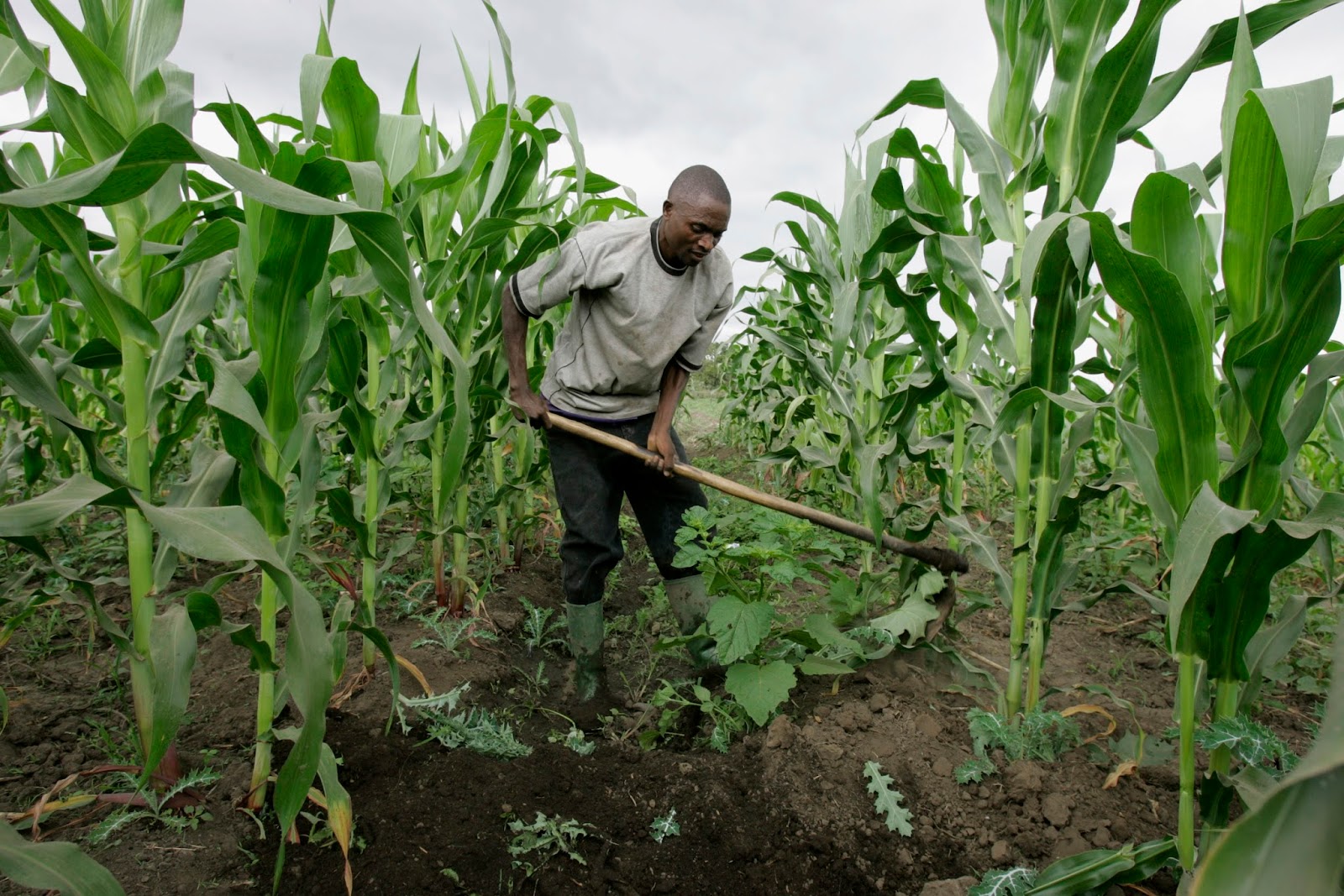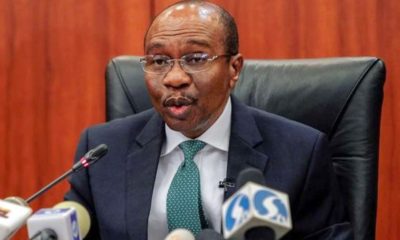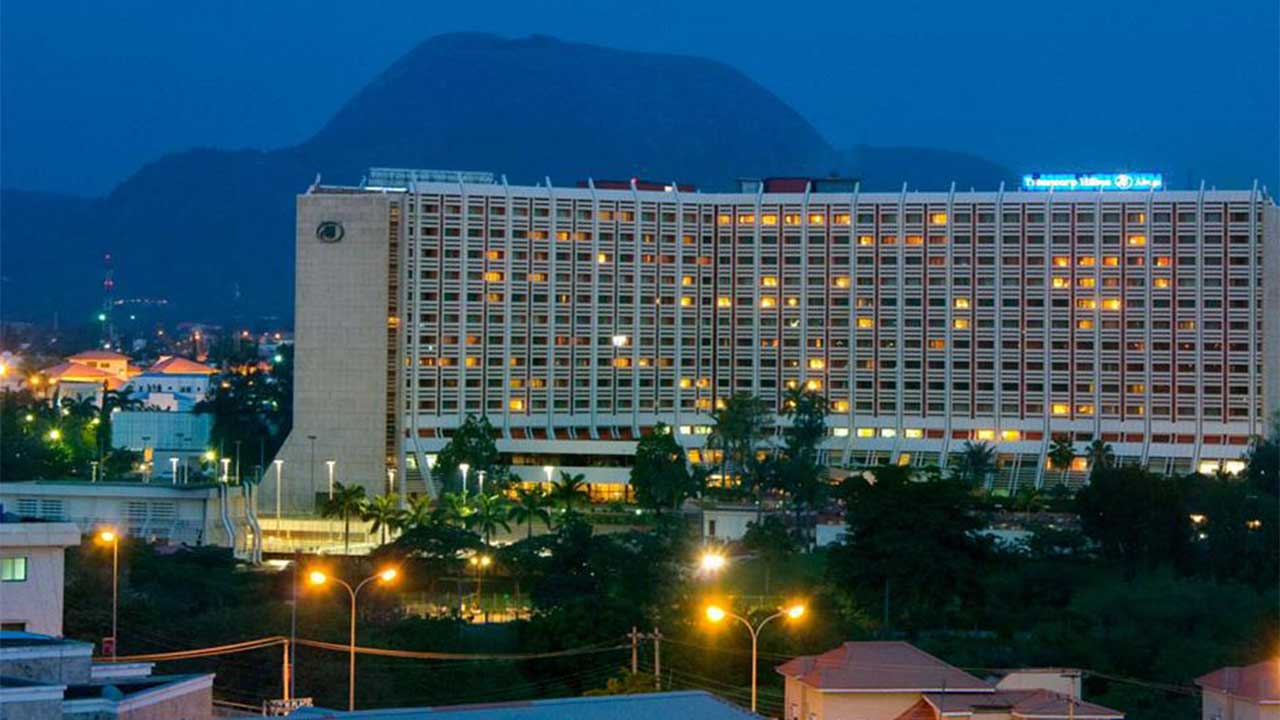The continuity of the Anchor Borrowers Programme is been threatened following difficulties in loan repayment caused by the global health pandemic, banditry and farmer-herders clash.
The Anchor Borrowers’ Programme (ABP) is the flagship agricultural intervention scheme by the Central Bank of Nigeria (CBN). It was launched in 2015, in line with CBN’s developmental function.
ABP establishes a link between anchor companies (processing companies) and smallholder farmers (SHFs) of some key agricultural products like rice, maize, wheat, cotton, cassava, cocoa, rubber, and livestock (fish, poultry, ruminants). Beneficiaries are in groups of five to 20 people for ease of administration.
ABP aims to reduce agricultural commodity importation, increase banks’ financing of the agricultural sector, and create a new generation of farmers, among other things. In a broader perspective, it’d be right to say the programme is aimed at gradually diversifying the national economy.
About 2.85 million farmers have benefited from the program, while the cumulative disbursement stood at N311.2b from inception to the third quarter of 2020.
According to the CBN Governor, Godwin Emefiele, 3,107, 949 farmers have cultivated 3.8 million hectares of land. Other positive impacts credited to the programme include a boost in the local production of rice, saving the country about $800 million in foreign exchange; the unveiling of 13 rice pyramids which housed 200 thousand bags of rice (50 kg each) in Kebbi and Gombe state, and a rice pyramid in Ekiti state.
But the scheme isn’t devoid of criticism and challenges. Some critics believe that the CBN should focus on monetary issues and not delve into agriculture; others argue that the programme favours only a certain region of the country. Then, loan repayment has also been an issue.
In light of the COVID-19 pandemic, the apex bank approved a one-year extension of the moratorium on repayment, raised the Loan Deposit Ratio (LDR) from 60 percent to 65 percent, and reduced the interest rate of the intervention loans from nine percent to five percent. Still, the problem of repayment hovers.
However, default in loan repayment posed a threat to the continuation of the scheme.
Last week, the CBN charged beneficiaries of the programme to repay their loans. According to the CBN’s 2020 fourth-quarter economic report, only N118 billion has been repaid of the N497 billion disbursed to 2.5 million farmers. Reasons for the repayment issue can be traced to incessant bandit attacks on farmers in the Northern region, farmer-herders crises in the Southern region, climate change, and natural disasters like flooding.
Farmers often repay loans from sales made from harvested produce. But when productivity is affected, the payment becomes an issue. And this will consequently hamper the sustainability of the programme.
In a bid to encourage the participation of PFI’s (participating financial institutions like Non-Interest Microfinance bank and Development Finance Institutions) in the programme, the CBN bear 50 percent of the cost, if a farmer defaults in payment. This must be after every means of loan recovery has been exhausted. The PFIs also bear the credit risk of the balance. Given the array of factors currently affecting agricultural productivity, it is only a matter of time before the overload of defaulters starts to burden both the CBN and PFIs.
While banditry and farmer-herders clash displace farmers, climate change distorts seasonal patterns which affect Nigeria’s largely rain-fed agricultural sector. To ensure the intervention programme doesn’t crumble, the CBN should make a conscious effort through the Federal Government of Nigeria to address the most pressing challenge of insecurity to create an enabling environment for farmers.


 Forex3 weeks ago
Forex3 weeks ago



 Naira2 weeks ago
Naira2 weeks ago
 Billionaire Watch2 weeks ago
Billionaire Watch2 weeks ago




 Naira2 weeks ago
Naira2 weeks ago




 Naira2 weeks ago
Naira2 weeks ago






 Naira4 weeks ago
Naira4 weeks ago


 Naira1 week ago
Naira1 week ago






 Naira4 weeks ago
Naira4 weeks ago



















